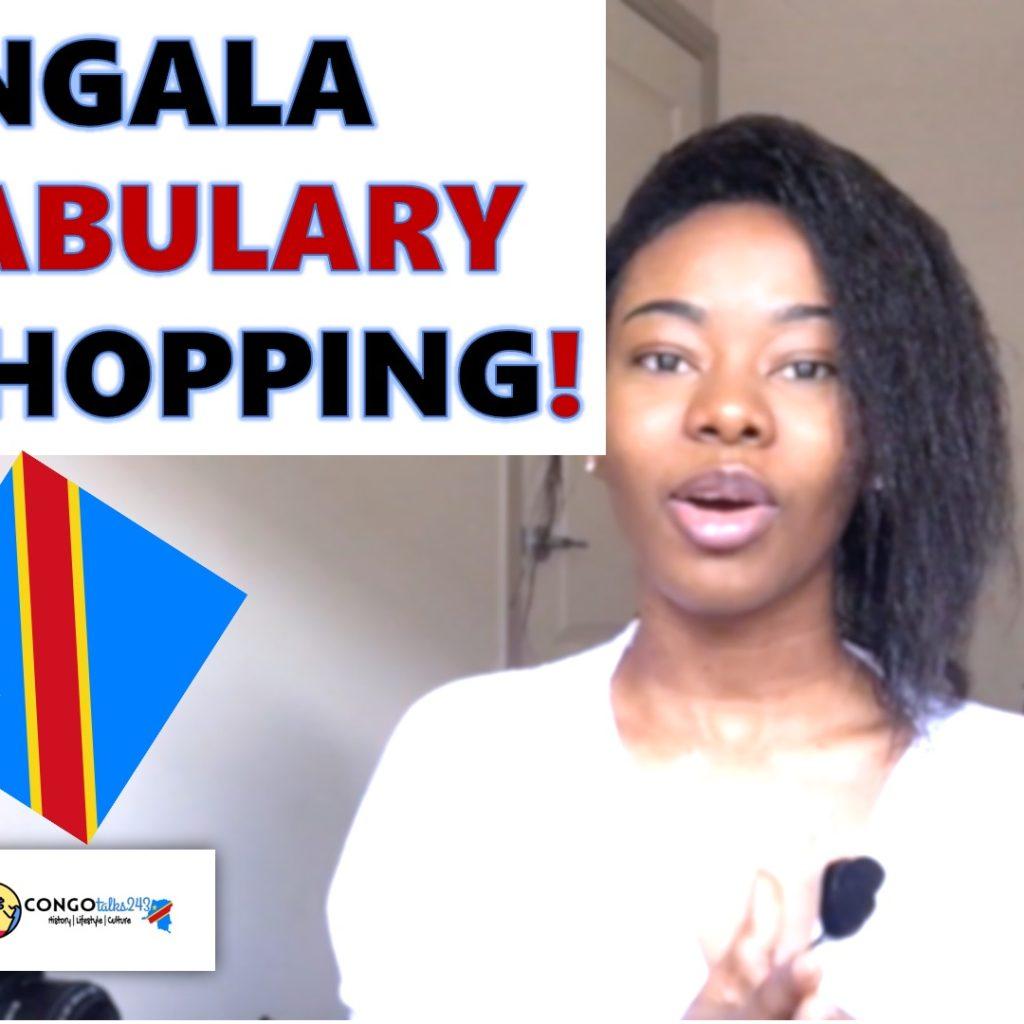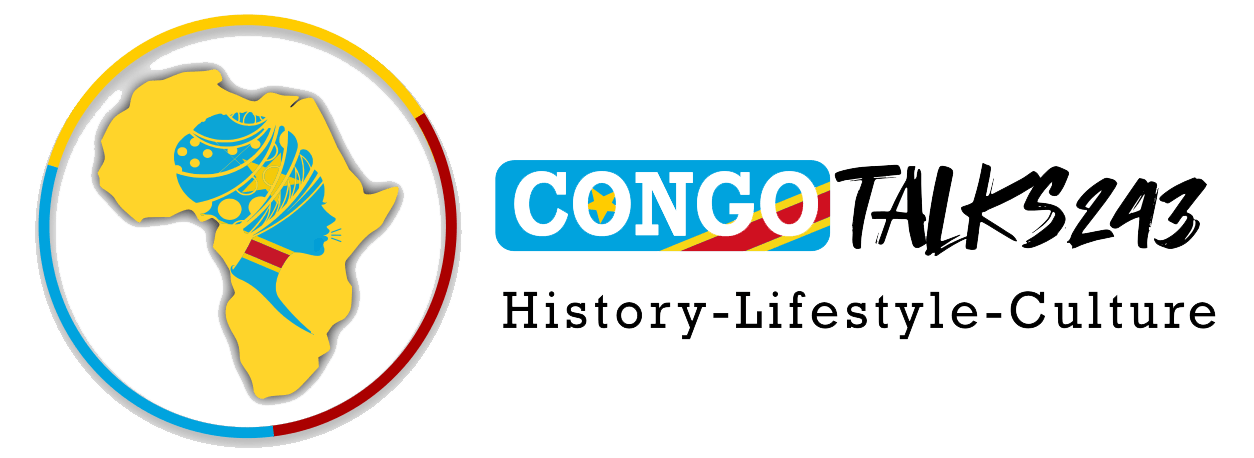FUN, EASY, EVERYDAY PHRASES IN LINGALA

Let us show you some everyday phrases in Lingala to help improve your vocabulary in minutes. One of the wonders of Congolese culture is its splendid national language Lingala, which is the most widely spoken language in the Democratic Republic of Congo after French but it is also spoken in central African Republic, Congo Republic, […]
